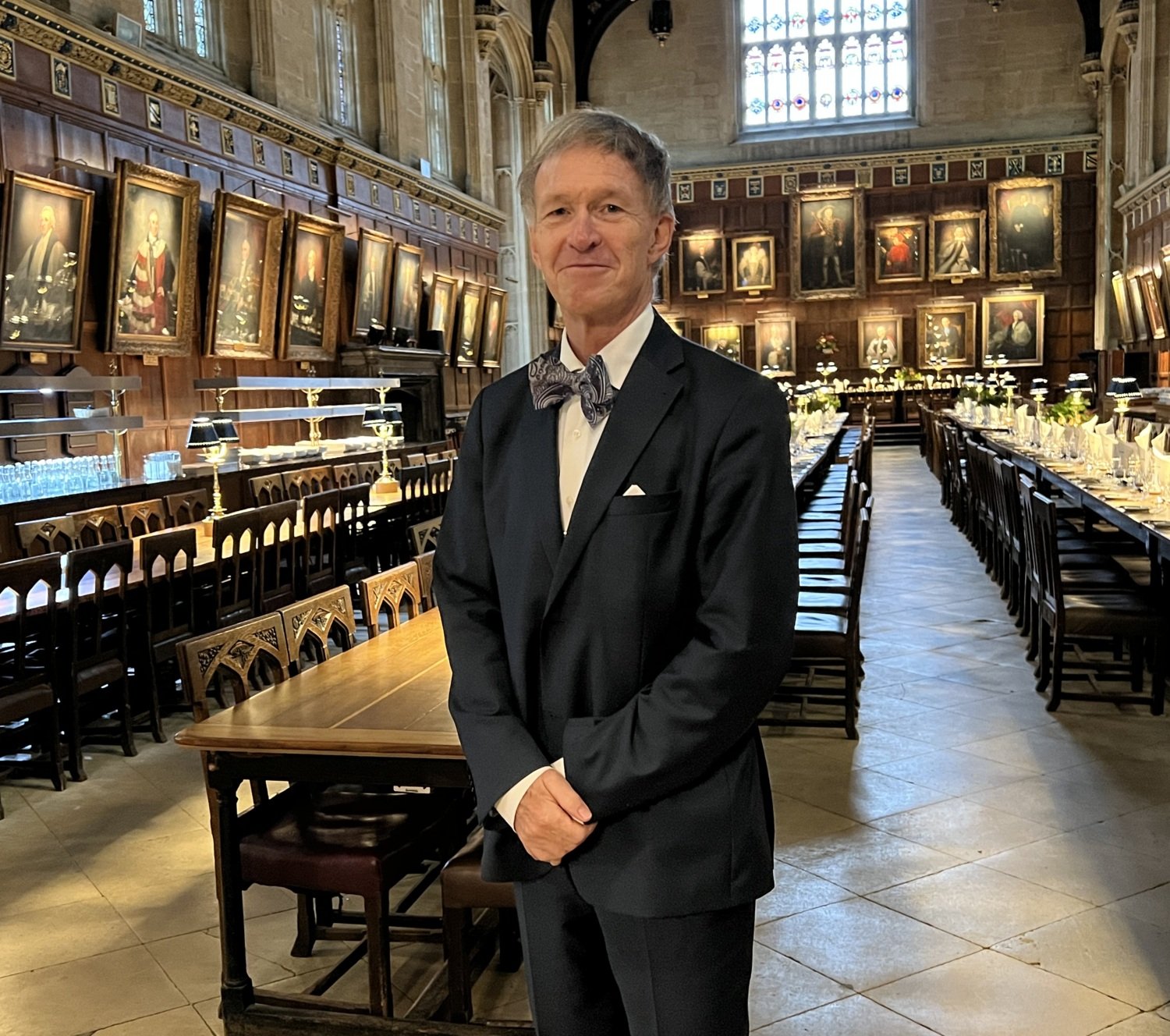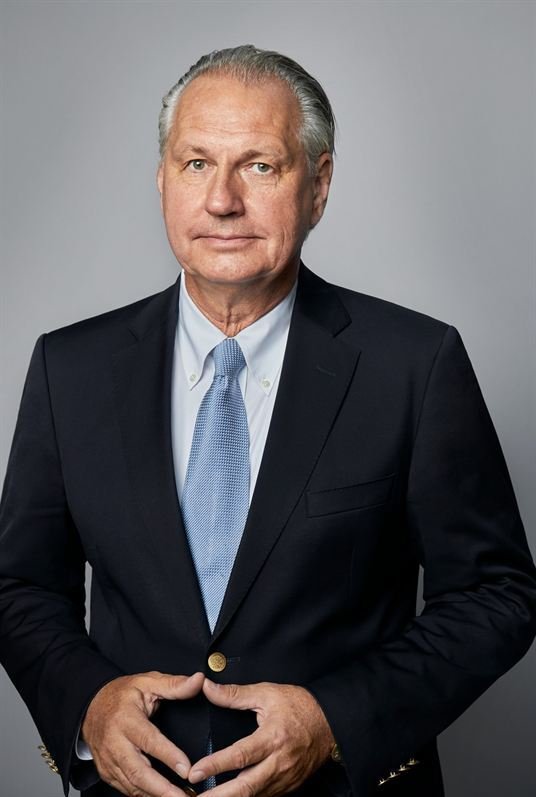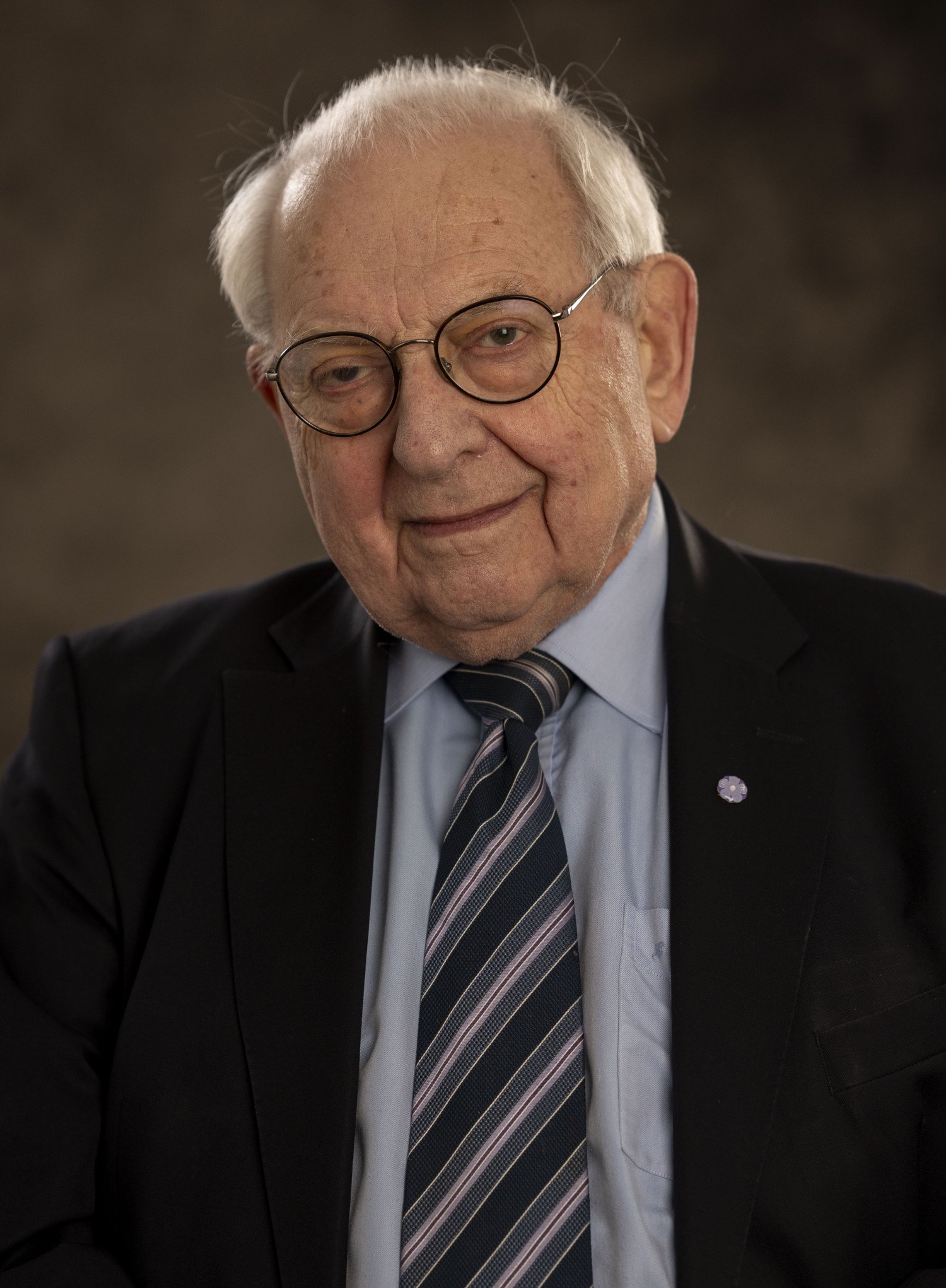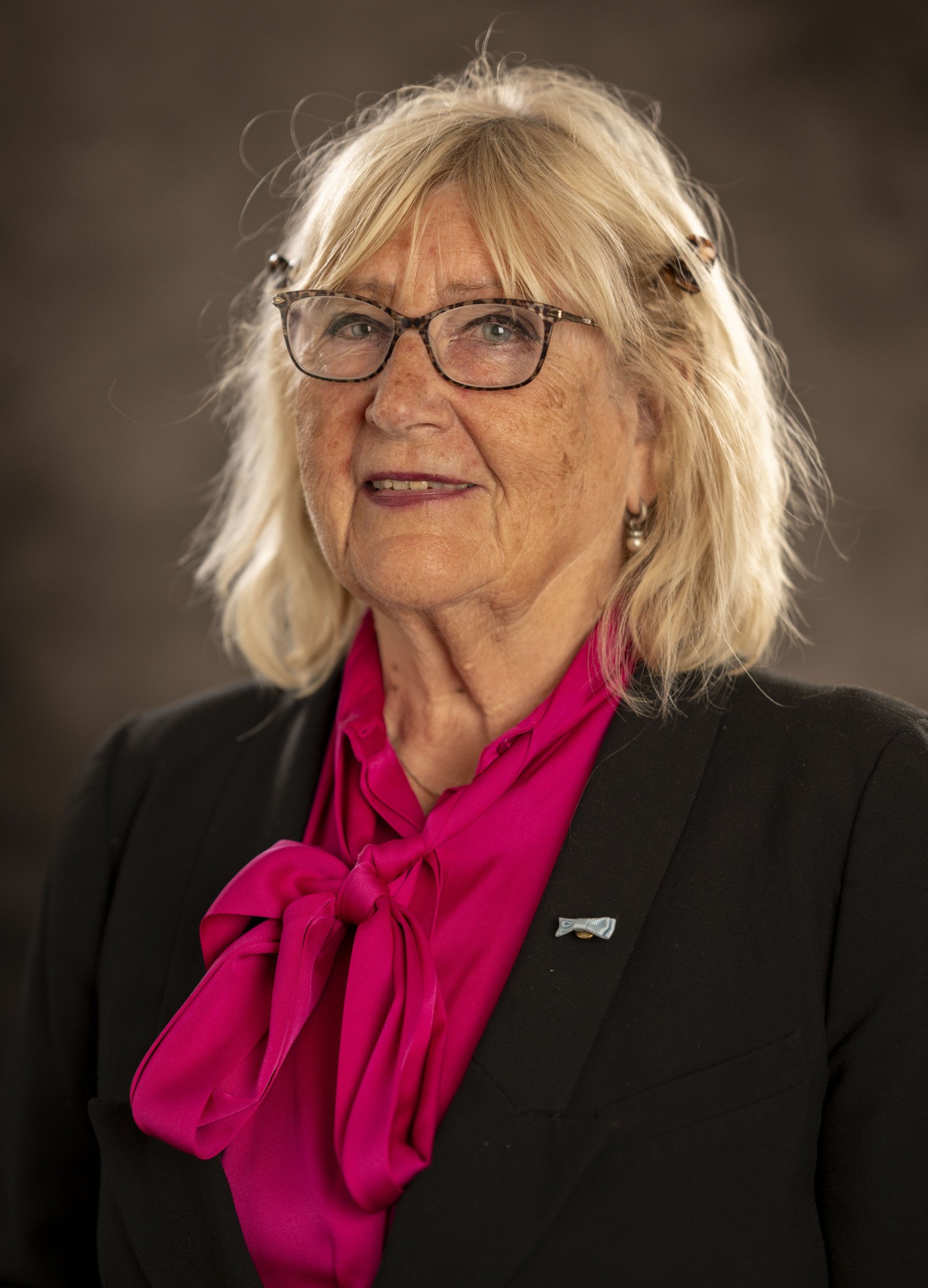Four KI profiles receive the Grand Silver Medal 2024

Jonas Bergh, Klas Kärre, Lars Rydén and Karin Schenck-Gustafsson are awarded the Grand Silver Medal 2024. The medal has been presented since 2010 to individuals who have made tremendous efforts to support the activities of KI and is recognized during the installation ceremony at Aula Medica on October 3.

Jonas Bergh, professor of oncology at the Department of Oncology-Pathology, receives the Grand Silver Medal for his world-leading and unique contributions to cancer research at Karolinska Institutet.
Jonas Bergh was recruited as a professor to KI in 2000. At the beginning of his career, he was one of the first to realize that p53 mutations play a significant role in the development of breast cancer. Since then, his research has provided us with entirely new insights into the heterogeneity of breast tumors and how tumors develop over time.
This knowledge has been central to understand therapy resistance, guided the design of treatment methods, and shown how different treatments can be combined to achieve optimal therapeutic effect. These discoveries have led to improved quality of life and survival for breast cancer patients in Sweden.
Jonas Bergh has been a leading figure in coordinating and further developing KI’s cancer research. He has been the leader of SFO Cancer (StratCan) and Cancer Research KI, the first joint platform for KI’s cancer research.
Furhermore, he was one of the driving forces behind KI being the first Swedish institution to be accredited as a Comprehensive Cancer Centre (CCC) with high-quality standards for care, education, and research in cancer.
Between 2016 and 2022, Professor Bergh was a member of the Nobel Assembly and since 2012 he has co-chaired the Early Breast Cancer Trialists' Collaborative Group (EBCTCG).
Finally, Jonas Bergh’s strong international network has been of great importance, including leading roles in the European Society for Medical Oncology (ESMO), the European Medical Agency (EMA), and Cancer Core Europe.
Klas Kärre for groundbreaking discoveries in immunology

Klas Kärre, Professor Emeritus of Molecular Immunology at the Department of Microbiology, Tumor, and Cell Biology, is awarded the Grand Silver Medal for his internationally groundbreaking discoveries in immunological research.
Klas Kärre defended his doctoral thesis at Karolinska Institutet in 1981, focusing on the function of natural killer cells (NK cells). His research has been at the forefront internationally, largely based on his “missing self” hypothesis presented in his thesis.
This hypothesis explains how NK cells in our immune system recognize and respond to the body’s own cells as well as foreign or abnormal cells. This recognition process is crucial for the body’s defense against cancer and virus-infected cells.
Beyond his research, Klas Kärre has significantly contributed to education and research at KI. He played a key role in establishing the biomedicine program at KI in the mid-1990s and was responsible for teaching immunology in the medical program for many years.
His extensive involvement includes serving as a faculty representative, chairing various KI boards and committees, leading the Nobel Committee, and holding positions within industry boards and government-appointed committees related to academia and industry. His impact extends far beyond the lab, shaping the future om medical education and scientific advancement.
Lars Rydén for the development of heart care

Lars Rydén, Senior Professor of Cardiology at the Department of Medicine, Solna, is being awarded the Grand Silver Medal for his remarkable contributions to the development of cardiovascular care in Sweden and internationally.
Lars Rydén defended his doctoral thesis in 1974 at the University of Gothenburg and was appointed docent the same year. In 1989, he became Karolinska Institutet’ s first professor of cardiology and concurrently served as chief physician and head of the cardiology clinic at Karolinska University Hospital.
His outstanding research spans several areas, including cardiac arrhythmias, pacemaker therapy, heart failure, and diabetes-related cardiovascular disease. Notably, his work in pacemaker research has laid the foundation for today’s pacemaker therapy.
Another significant research achievement is his studies on coronary artery disease in type 2 diabetes.
The findings from these studies are now incorporated into current international treatment guidelines, significantly improving patient care. The extensive knowledge generated by these studies has resulted in numerous awards and accolades.
Lars Rydén has also leveraged his expertise to engage with decision-makers in healthcare and the public. Alongside his work at KI, he has held key positions in several influential national and international cardiology organizations.
From 1993 to 2005, he was member of the Nobel Assembly and served on its Nobel Committee. His dedication to advancing cardiovascular medicine has left a lasting impact on patient outcomes and medical practice.
Karin Schenk-Gustafsson for gender thinking in research

Karin Schenck-Gustafsson, Professor Emeritus at the Department of Medicine, Solna, is awarded the Grand Silver Medal for successfully introducing and establishing significant gender perspective thinking within research, education, and clinical practice.
Karin Schenck-Gustafsson defended her doctoral thesis at KI in 1982 and specialized in internal medicine and heart diseases. She early on recognized the need to include more women in research studies and in 2001 initiated the establishment of the Center for Gender Medicine (CfG) at KI with the aim of integrating gender aspects in the treatment and prevention of diseases.
CfG has also established national and international collaborative projects for education and knowledge dissemination among health care professionals, decision-makers, politicians, and the public.
In Karin Schenck-Gustafsson’s own research in cardiology, the focus has been on gender and gender differences. Her work has contributed to the requirement that gender and gender aspects must now be reported in research applications, and that gender differences should be considered in the treatment of diseases according to international recommendations. In addition, she has created an internationally recognized knowledge base on gender aspects in drug treatment.
Through various media, Karin Schenck-Gustafsson has repeatedly informed about the importance of gender and gender aspects concerning the care and treatment of various diseases, which has greatly contributed to increased public awareness of these issues.
